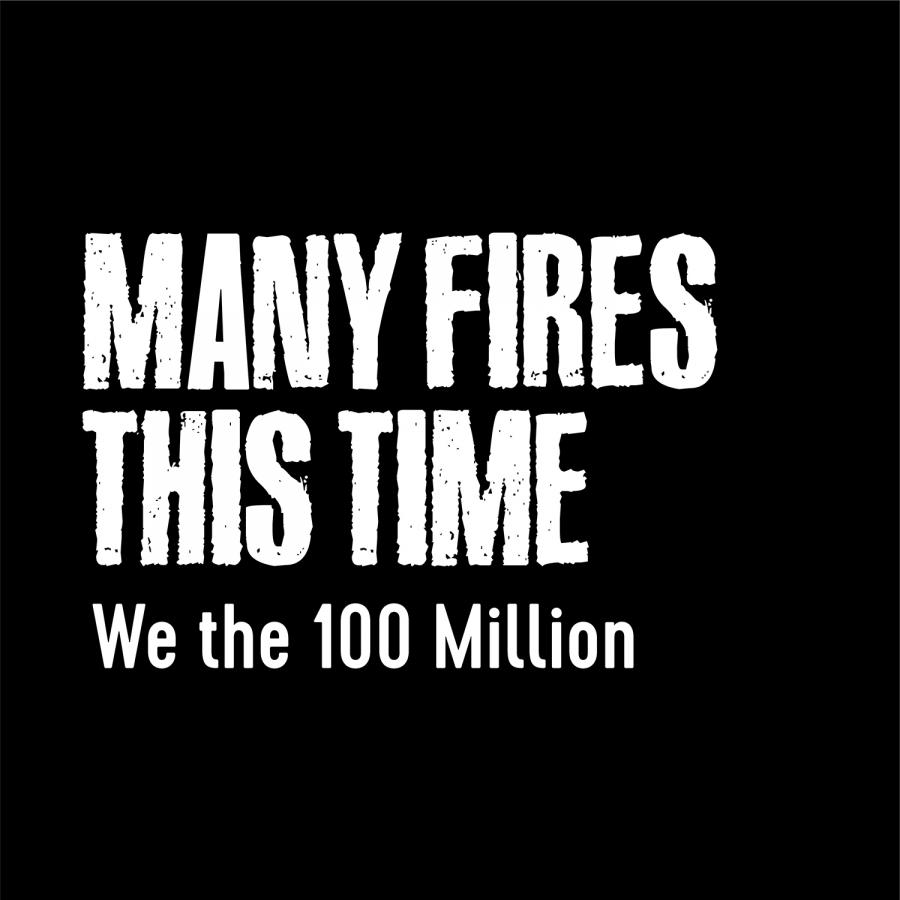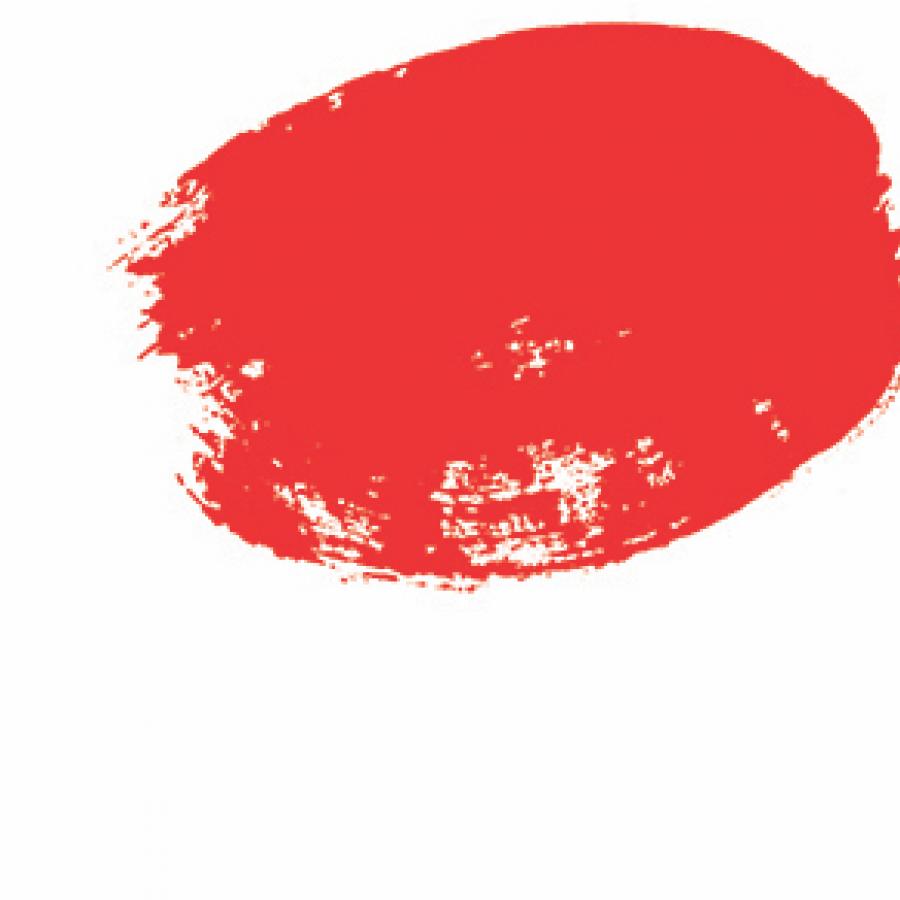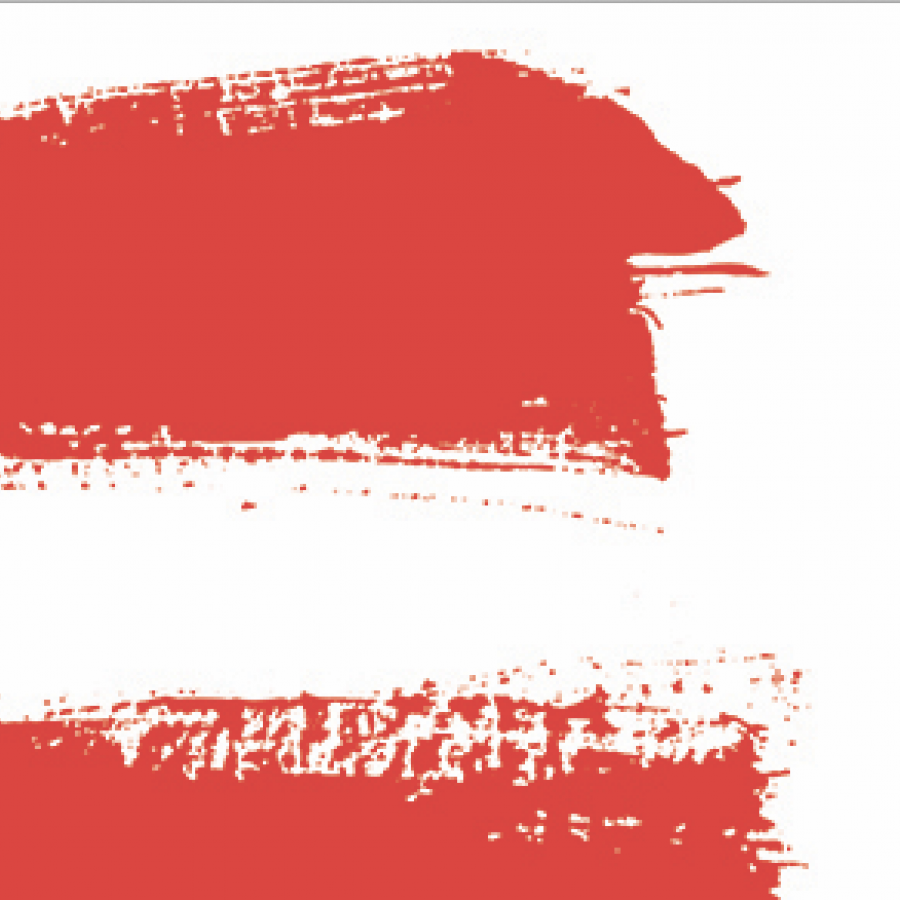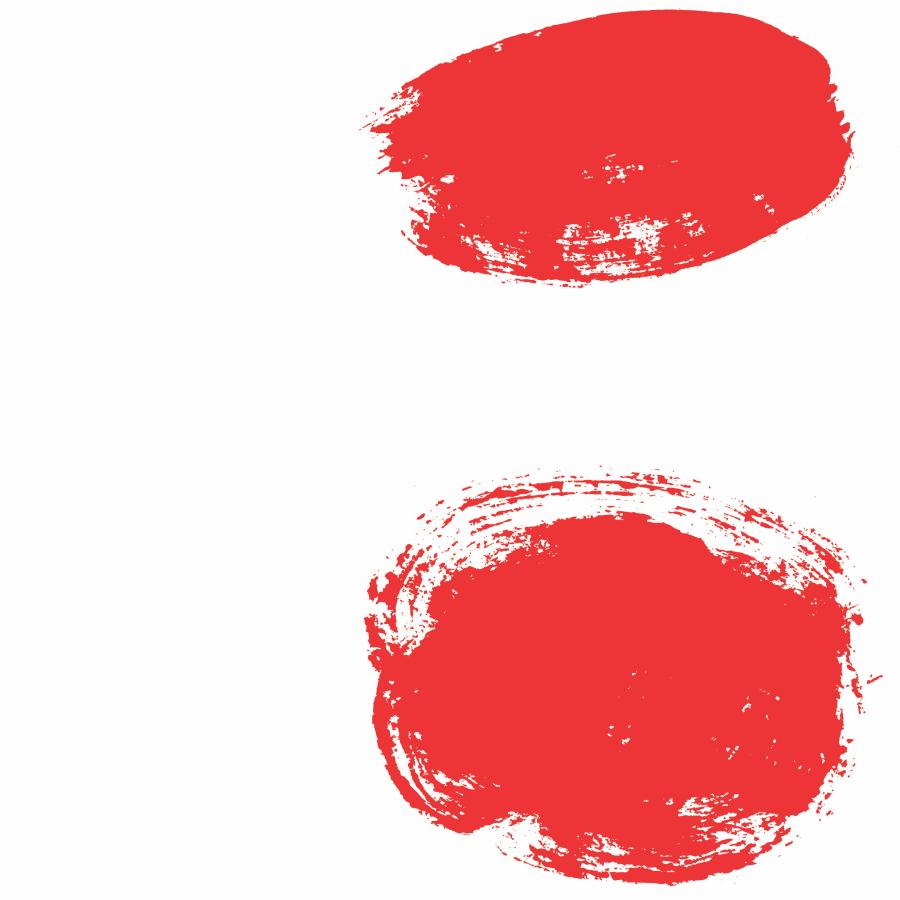Creative Documentation
PolicyLink believes that integrating arts and cultural strategies across all areas of equitable development is essential to unlocking the power and imagination of communities to forge their own paths to justice and liberation. “Many Fires” was born from an intentional creative and cultural process. Through poetic, theatrical, and narrative techniques, community members grounded themselves in their commonalities and differences and their complex relationship to eight different topics. (Topics and resources for each are listed below.) After participants “identified” themselves, they explored data and policies that helped explain and reflect their experiences collectively and also enabled them to envision the world they wanted to create.
The creative exercises — Windows & Mirrors, Theatre of the Oppressed, Story Circles — have been utilized by social justice artists and warriors, nationally and internationally, and were adapted by A Scribe Called Quess?. The exercises coupled with poetry performances, dance choreography, and an original score, constitute the docudrama, "Many Fires This Time: We the 100 Million."
We offer these tools to other social justice advocates as an appetizer for exploring other creative and cultural strategies. As we forge a future that bridges the divides in our country, we present these tools for others to continue to integrate a process that embraces dialogue, complexity, and empathy.
Further Reading
Through the creative exercises or the film itself, a portrait begins to emerge of who Americans are and their commonalities and differences. At PolicyLink, we believe in unpacking the systemic reasons for these experiences, projecting a future of liberation, and supporting policies that manifest this future.
For each issue area/chapter in the film, we offer sample data and policies that may reflect and explain the systemic reasons for the stories and lived experience of the one in three Americans living in economic security.
Community Safety
Listen to K-Love's spoken word excerpt: "They erasing my kin/ While I’m raising my kin/ It’s like a game/ Seems WE the wrong race to win/ They rushing us to the finish line/ And this the wrong race to win/ To say it plain/ We don’t feel safe with them."
- The 1994 Violent Control and Crime Enforcement Act or the ‘94 Crime Bill marked a dramatic shift in the country’s history of public safety from rehabilitation to punishment. Billions of federal dollars were invested in police, punitive sentencing, and incarceration.The crime bill’s three-strikes law sent thousands of Americans to prison for life based on previous offenses for minor crimes such as stealing loose change from a parked car. In 2016, 78.5 percent of Americans serving life sentences in federal prison were people of color. Source: https://www.sentencingproject.org/criminal-justice-facts/ Source: https://www.prisonstudies.org/
- The People’s Justice Guarantee Bill calls on Congress to dismantle the ‘94 Crime Bill and support a participatory process design and developed by the people for public safety legislation. For more on this bill and other calls to action please visit the Community Safety and Justice page.
- DefundPolice.org, a comprehensive web resource where organizers can find information about defund campaigns, policies, resources, trainings, and budget tools
- Equiticity Ventures, startup, incubating social enterprise models focused on advancing racial equity, increasing mobility, and accelerating racial justice, to improve the lives of Black and Brown people across the United States.
- People’s Coalition for Safety and Freedom represents a diverse network of organizations led by Black and brown organizers, researchers, justice activists, and people impacted by policing and incarceration who are working toward a new vision of community safety and freedom
- Tongo’s curriculum
-
Black Freedom Beyond Borders: Memories of Abolition Day is an anthology by Wakanda Dream Labs & PolicyLink that invites you into the future of safety & freedom; a future without prisons & policing. Black Freedom Beyond Borders: Memories of Abolition Day is a collection of freedom dreams written by a band of Black Radical storytellers. While debates about “defunding” raise the question of what a new public safety system might look like, these authors & artists are showing us what is possible through speculative fiction
Housing and Anti-displacement
Listen to spoken word poem fromTongo: "1960s newspaper clippings and teeth… lower ninth ward houses play hop scotch and leap frog like white children while cops wave their bills at the world"
- In the 1930s, the Federal Housing Administration explicitly designed a way to increase and segregate housing in America. “Redlining” was a policy refusing to insure mortgages in African-American neighborhoods. Meanwhile, the federal government subsidized the mass-production of homes for white people. Since one of the main sources of wealth for middle-class families come from equity from their homes, African-American families missed out on decades of building wealth. In 2017, due to racist policies like redlining, racially restrictive housing covenants, and discriminatory lending only 41% of Black and 47% of Latinx households owned their homes, compared to 71% of White households. (Source: https://www.liberationinageneration.org/policies/all-people-of-color-wil...)
- In 1968, the Fair Housing Act was designed with two goals: to end housing discrimination and to promote diverse, inclusive communities. Unfortunately in the decades since, many states took federal funds but failed to enact the second goal which is referred to as Affirmatively Furthering Fair Housing (AFFH). In 2015, the US Department of Housing & Urban Development, issued a new regulation to implement AFFH, but was abandoned by the Trump Administration. To find out more about supporting AFFH and other solutions to the national housing crisis, please visit the Housing Justice National Platform and Our Homes, Our Health.
- Right to the City Alliance and Homes for All Campaign are trans-local (across many cities) networks of over 100 affiliates across the nation who work to halt the displacement of low-income, Black, Indigenous, and people of color, LGBTQ communities, and youth of color from our historic urban neighborhoods. They organize tenants to build power, protect their housing, stop abusive landlords, and win community control of land and housing. Their vision: 10 million tenants organized into tenants unions by the end of the decade while protecting and expanding affordable housing in tandem with a broader movement to build democratic, just, and sustainable cities.
- Our Homes, Our Health is a collaborative initiative of the National Housing Justice Grassroots Table, including the Center for Popular Democracy, Partnership for Working Families, People’s Action, and the Right to the City Alliance. Powered by PolicyLink with support from the Alliance for Housing Justice.
- Moms 4 Housing is a collective of organized mothers, who, displaced by speculators from their Oakland neighborhoods, were homeless and marginally housed. Before they found each other, they felt alone in their struggles—like thousands of others here in Oakland and across the nation. Moms 4 Housing members challenged some of the biggest speculators in the nation to turn spec housing back over to families—through the Oakland Community Land Trust—delivering on the goal of reclaiming housing for the community from speculators and profiteers.
- The Fair Housing Taskforce of the Leadership Conference for Civil and Human Rights brings together civil rights, fair housing, legal, academic, advocacy and regulatory watchdogs to defend and expand the Fair Housing Act, which protects groups historically discriminated against in housing access: people of color, LGBTQ, mixed-immigration status families, families with children, and people with disabilities. Their methods include federal advocacy for fair housing, legal challenges up to the Supreme Court, research, and promotion of data driven tools such as the National Equity Atlas and Assessments of Fair Housing.
- People’s Action launched a Homes Guaranteed campaign in which The federal government should guarantee safe, accessible, sustainable, and affordable homes for everyone. The private market has failed to meet the needs of the people, as have the government interventions pursued to date, which disproportionately favor upper and middle class, white, single-family homeowners at the expense of working people and people of color. People's Action builds the power of poor and working people, in rural, suburban, and urban areas to win change through issue campaigns and elections.
- Partnership for the Bay’s Future brings together philanthropy, public agencies, local housing advocacy groups, and financial institutions to preserve, protect, and produce new affordable housing for the San Francisco Bay region.
-
Inquilinxs Unidxs por Justicia (United Renters for Justice), a tenants’ rights organization in Minneapolis, brought a class action lawsuit against their slumlord, got his business license revoked, and ultimately bought him out to become owners of their own building.
Migration and Globalization
Listen to the spoken word poem from Diana: “crumble these walls brick by brick and we will meet at the crossroads of our joy and celebrate our collective revolution”
- The United States once had open borders. Migrants from all over the world would arrive fleeing war, escaping poverty and seeking opportunity. Open borders made our country strong. But many Americans today are horrified — or frightened — by the idea of “open borders.” Harsh new immigration policies are making it more difficult than ever to come to the U.S. or even ask for asylum. Nevertheless, violence, oppression, poverty, desperation, and hope continue to drive migrants to our borders. Last year, more than 1,000 migrants from Central America gathered near the border of Guatemala and Mexico to travel north in search of asylum.
Radical Imagination host Angela Glover Blackwell sits down with Roberto Corona, founder of People Without Borders, an organization that assisted this refugee caravan. We also hear from New York Times Columnist Farhad Manjoo, who has called for open borders.
- Why is globalization important to migration? In the past and present, the U.S. imposed destabilizing policies and installed dictatorial regimes devastating the lives of people living in countries where its economic and political elites have material and ideological interests. Throughout history, the U.S. has purposefully implemented and trained individuals of targeted countries in violence and corruption in the name of expanding capitalism and exploitation. This involvement has led to waves of migrants and asylum seekers journeying out of destabilized nations and unsafe homes into lands where they hope for survival, opportunity, acceptance, and safety.
- In October 2020, Trump reduced the cap for refugees to the lowest number ever since the Refugee Act of 1980 to15,000. Support The New Way Forward Act (HR 5383) which aims to roll back harmful immigration laws that, for decades, have led to racial profiling and disproportionately resulted in the incarceration, deportation, and destruction of families of color and immigrant communities. For more on fairness and justice for immigrants, visit the Immigrant Justice Network.
- On January 20th, Mujeres Unidas y Activas launched a new campaign: 100 Días, 100 Mujeres (100 Days, 100 Women). Each day of the first 100 days of the Biden administration, MUA has been posting a testimony from a MUA member on their Facebook and Instagram pages, lifting their voices to push the new administration to implement a just, inclusive mmigration reform. MUA states there is an insufficient action on the part of the Biden Administration to ensure protection to survivors of gender-based violence seeking asylum in the U.S., and to provide humanitarian assistance to children crossing the border. It has been deeply painful to see this new government return to the old harmful tactics of criminalizing immigrants in order to justify deporting and excluding immigrants and asylum seekers from this society. MUA is therefore committed to lifting up the voices of their members in the coming year to demand that this Administration turn away from those white supremacist policies of deporting and destroying our families, and that instead it bring justice to our communities by supporting comprehensive immigration reform legislation.
- Immigrant Women Too is a national movement to uplift the stories of refugee women and defend the human rights of all who turn to the United States for safety and justice. Inspired by the #metoo movement, Immigrant Women Too calls on political leaders at all levels, community-based organizations, and individuals to support survivors of domestic violence and sexual assault who arrive at our borders seeking safety, refuge, and dignity.
- Families Belong Together is a campaign of the National Domestic Workers Alliance formed in response to the 2018 family separation crisis. Families Belong Together works with nearly 250 organizations representing Americans from all backgrounds who have joined together to fight family separation and promote dignity, unity and compassion for all children and families.
- Centro Legal de La Raza is a legal services agency protecting and advancing the rights of low-income, immigrant, Black, and Latinx communities in the Bay Area through bilingual legal representation, education, and advocacy.
-
Black Alliance for Justice Initiative BAJI educates and engages African American and black immigrant communities to organize and advocate for racial, social and economic justice
Caregiving and Jobs
Listen to spoken word poem from Misty: "I could tell you about how the first of the month is looming and we’re all out of work and all of them proud old homeplaces are mortgaged neck deep, about to disappear into the clutches of some big bank boss man."
- Caregiving Revolution. An economy that works for all depends on a robust system of caregiving. That has become all too clear during the pandemic, as 2.5 million women were pushed out of the workforce to care for family members. This episode of Radical Imagination looks at the growing movement to reimagine care across the lifespan, recognize it as essential infrastructure, invest in it, and improve wages and labor protections for the workers — mostly Black and immigrant women —we trust to care for the people we love. Host Angela Glover Blackwell talks with Chicago caregiver and community advocate Michelle Morton about the challenges of caring for her parents and children throughout the pandemic. We also hear from Ai-jen Poo, the visionary leader of the National Domestic Workers Alliance, about #CareCantWait, a campaign to make universal access to child care, paid family and medical leave, and home and community-based services a centerpiece of economic recovery.
- Nationwide why so many economically insecure people are out of work: 42% due to illness or disability; 31% due to family responsibilities, Among working-age economically insecure adults, 14 percent are full time unpaid caregivers who are out of the labor force in order to care for loved ones
- On February 18, 2021, the Job Guarantee Now! coalition joined Congresswoman Ayanna Pressley to launch the Federal Job Guarantee Resolution. This campaign ensures that every person who wants to work can have a living-wage job with full benefits, including caregivers, people with disabilites, transgender people, and people with criminal records or involvement with the criminal legal system. For more information on how to support the Federal Job Guarantee, please visit https://jobguaranteenow.org/
- Letcher County Culture Hub, growing network of community-led organizations in Letcher County Kentucky, who work together to build a culture and economy where we own what we make
- Kentucky Communities Unlock their Cultural Wealth to Lead the Way Forward, Letcher County Culture Hub redefines economic development from coal to Appalachian culture and relationships
- Performing Our Future: a multiracial coalition of rural and urban communities working through culture to build power and wealth
- Brookings Institution: “How a Conservative Coal County Built the Biggest Community Solar Energy Project in East Kentucky”
- Caregiving Revolution, Radical Imagination Episode with Host Angela Glover Blackwell w/ Guests Michelle Morton and Ai-jen Poo. This episode of Radical Imagination looks at the growing movement to reimagine care across the lifespan, recognize it as essential infrastructure, invest in it, and improve wages and labor protections for the workers — mostly Black and immigrant women —we trust to care for the people we love.
-
ArtPlace America: “Appalachian Solidarity with Black Lives Matter”
Water and Environment
- Listen to spoken word episode from Quess: "When the water tries to tell us its story it chokes on itself/ can’t speak beyond the uranium in its lungs, the sewage in its gut… ask the San Juan River bout Navajo cancer rates in Arizona/ ask a grandma in Flint how much working class sweat it take to fill a #2 pencil."
- Today, more than two million Americans lack access to running water, indoor plumbing, or wastewater services. Native American households are 19x more likely than white households to lack indoor plumbing. 17% of people living in rural areas have experienced issues with their drinking water. In December 2020, Congress passed the Water Resources Development Act of 2020 to improve the nation’s dams, ports, flood-prevention infrastructure, reservoirs, and water systems. For more information on addressing water equity and climate resilience, please visit the National Water Equity and Climate Resilience Caucus.
- From increased droughts to wildfires to storms, climate change is impacting Americans access to clean water. Meanwhile, the water challenge in this country is further exacerbated by federal failures. The Supreme Court in 2001 and 2006 and the Bush Administration undermined the Clean Water Act of 1972 that guaranteed pollution control over the nation’s water by creating uncertainty and limitations in water protection.
- Stop Line 3, tribal nations, community and environmental groups in Minnesota have fought for six years to stop Canadian oil giant Enbridge Energy from building the massive Line 3 pipeline in Northern Minnesota, to take oil from Canada’s tar sands region to Superior, Wis. The pipeline violates several treaties with the Ojibwe people that establish their right to hunt, fish, and gather along the proposed route.The pipeline would cross 200 bodies of water, including the Mississippi River twice. If built, Line 3 would carry hundreds of thousands of barrels a day of tar sands crude oil and would contribute the equivalent of 50 coal plants worth of carbon pollution to the atmosphere. Its carbon footprint would exceed the entire state of Minnesota’s and, like Keystone XL, would extend the economic viability of the ultra-polluting crude oil source. Learn more and join the fight!
- Gulf South for Green New Deal is a multi-state effort to address the impact of the global climate crisis on some of the most unique communities in the US. In May 2019, more than 800 advocates, farmers, fisherfolk, and community leaders from across the Gulf South gathered in New Orleans around a shared vision to advance regional sustainability in the face of the global climate crisis
- Equal water access must be a core part of our climate response, by Colette Pichon Battle ( Gulf Coast Center for Law & Policy) and Monica Lewis-Patrick ( We the People of Detroit)
-
California Households Owe $1 Billion in Water-Bill Debt Throughout November 2020, the CA Water Board collected data on water system financial impacts and household water bill debt accumulation during the COVID-19 pandemic. See here for more information around the data.
Education
Lead-in Quote from Quess: "It’s like the Board of Ed’s keeping strange bedfellows with big companies… taking tips from Walmart on how to run a school… and with all the corporate sponsorship that feeds the average charter school… not to mention the high-end-usually-right-wing-think tanks that design their agendas… I wouldn’t be surprised if Sam Walton himself was on the board."
- The funding gap between rich and poor schools grew 44 percent over a decade from 2001 to 2011. This has large implications on economic inequities since studies show a 20 percent increase per student per year for poor children can decrease the likelihood of poverty in adulthood by 20%. The Promise Neighborhoods program works to break the cycle of intergenerational poverty by creating a pipeline of health, social, and educational support from birth, college, and career. For more on cradle-to-careers solutions, please visit the Promise Neighborhoods Institute.
LGBTQIA
Listen to spoken word poem excerpt from Marvin: “Because we have always been of value… Because queerness has always been one chord pull away from a light bulb going off moment… Because the system that waits years to respond to HIV, AIDS, and cancer, see us sicken and die then price gouges medicine and advance for the living--that system--it is not a guiding light. It is a lie.”
- More than 1 in 3 LGBTQ Americans faced discrimination of some kind in 2020, including more than 3 in 5 transgender Americans. Around 3 in 10 LGBTQ Americans faced difficulties in 2020 accessing necessary medical care due to cost issues, including more than half of transgender Americans.
- In February 2021, President Biden signed a Presidential Memorandum directing all U.S. government departments and agencies engaged abroad to ensure that U.S. diplomacy and foreign assistance promote and protect the human rights of LGBTQI+ persons around the world. This includes working to provide $10 million in 2021 funds for the Global Equality Fund which “provides emergency assistance to human rights defenders and human rights programming support to grassroots LGBTQI+ organizations to catalyze positive change and draws its strength from the support and partnership of an international coalition of like-minded governments, businesses, and foundations”.
-
Transgender Law Center is the largest national trans-led organization advocating for a world in which all people are free to define themselves and their futures. Grounded in legal expertise and committed to racial justice, TLC employs a variety of community-driven strategies to keep transgender and gender nonconforming people alive, thriving, and fighting for liberation
-
Equality Federation is a movement builder and strategic partner to state-based organizations advocating for LGBTQ people. From Equality Florida to Freedom Oklahoma to Basic Rights Oregon, they amplify the power of the state-based LGBTQ movement.
-
We Are The Ones Mutual Aid is a Bay Area based mutual aid group building power and safety with Black & Indigenous queer and trans femmes of color.
- API Equality, NorCal Chapter is a grassroots organization building trans & queer Asian and Pasifika power in the Bay Area.



